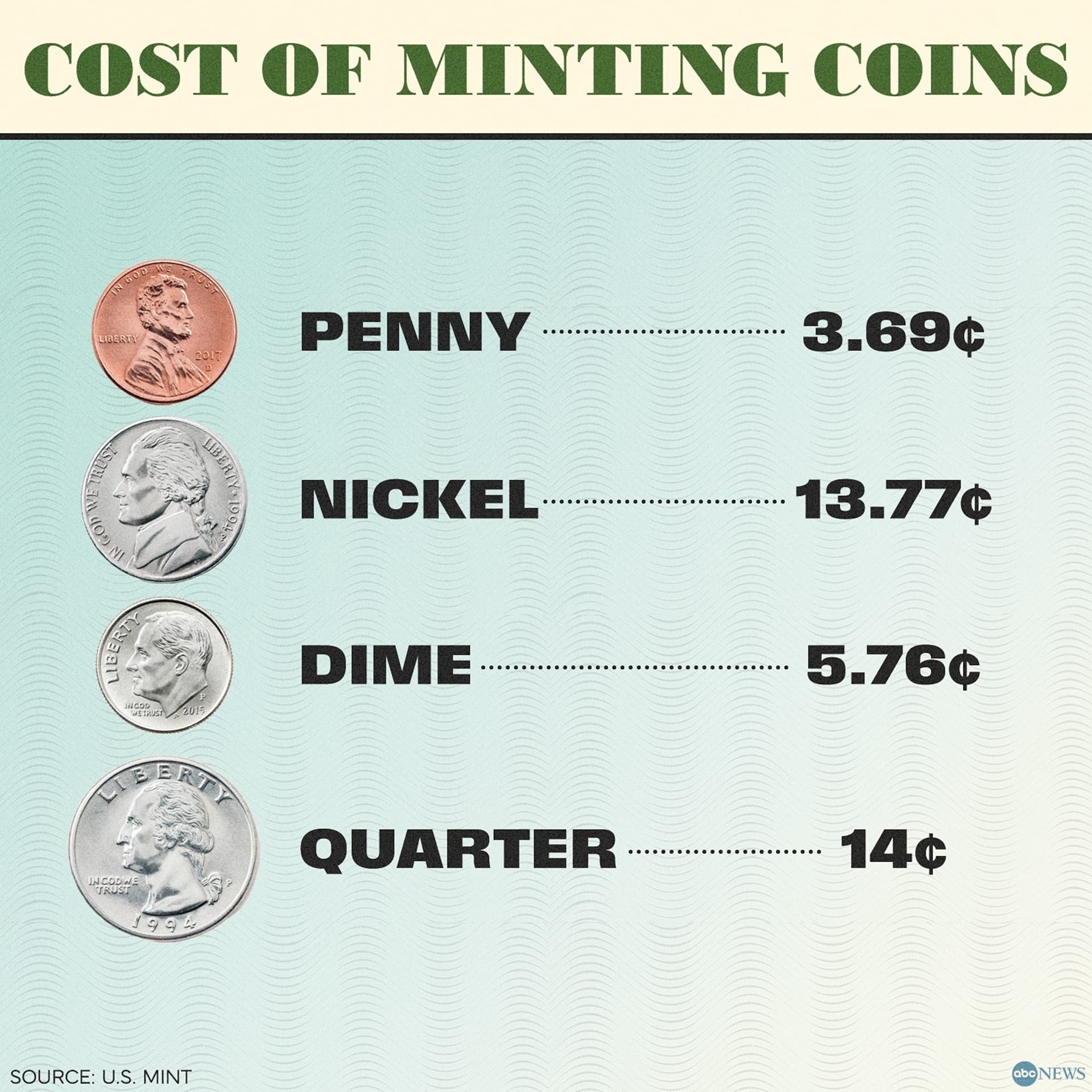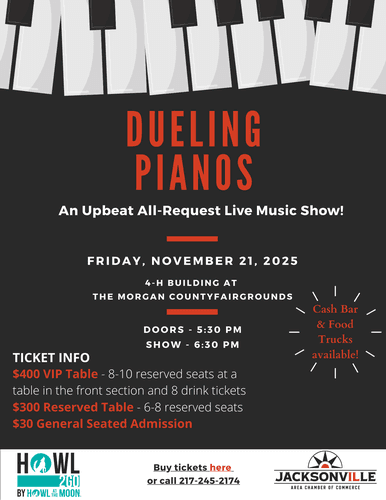Powerball jackpot rose to about $580 million, cash value near $267 million
The Powerball grand prize was reported at approximately $580 million with an estimated cash value of about $266.9 million ahead of the November 17 drawing, a rollover that drew national attention. For Morgan County residents this national lottery update matters because tickets bought locally share the same long odds, and increased interest can affect retail sales and community conversations about gambling and financial planning.

On November 17, 2025 the Powerball grand prize was reported at roughly $580 million, with an estimated cash value of about $266.9 million ahead of the mid November drawing. Lottery officials said the jackpot had rolled higher after prior drawings produced no top prize winner, a familiar pattern that can push advertised totals into the hundreds of millions and draw larger ticket sales nationwide.
Powerball is run by state lotteries across the country and uses the current 69 and 26 number matrix, in which players choose five numbers from 1 to 69 and one Powerball number from 1 to 26. The odds of winning the jackpot under that structure are 1 in 292,201,338. The game also offers multiple lower prize levels. The advertised jackpot reflects an annuity paid over time, while the estimated cash value is the one time lump sum that winners receive if they choose that option, subject to taxes and other withholdings.
The recent run of drawings that produced this headline figure followed the standard rollover dynamic. When no ticket matches all six winning numbers, the top prize increases for the next drawing until someone wins or the prize is won by a claimant. Reporting around the prize run noted that other large prizes were sold in recent drawings across the country, underscoring that winning tickets can appear in any state.
For Morgan County the immediate effects are practical and modest. Local retailers that sell lottery tickets often see a spike in customers when jackpots climb, and some residents may spend discretionary dollars on tickets that otherwise would have gone to other household priorities. Statistically the chance of winning remains vanishingly small, so the economic impact is usually a redistribution of small purchases rather than new wealth being created in the community.
Winners who claim large prizes should be aware that the headline jackpot is typically the annuity amount and that lump sum payments are materially lower as shown by the estimated cash value. Federal and state taxes apply and will reduce the amount recipients actually receive. For households tempted to chase a big prize, financial advisors often recommend caution, budgeting, and careful tax planning because sudden large sums require complex management.
Public health considerations are also relevant. As interest in a large jackpot grows, so can problematic gambling behaviors. Residents seeking assistance can contact their state problem gambling helpline or national organizations that provide resources and referrals for compulsive gambling. The November 17 reporting served as a timely reminder that while big jackpots attract attention, they carry long odds and financial consequences that matter to individuals and to communities.


